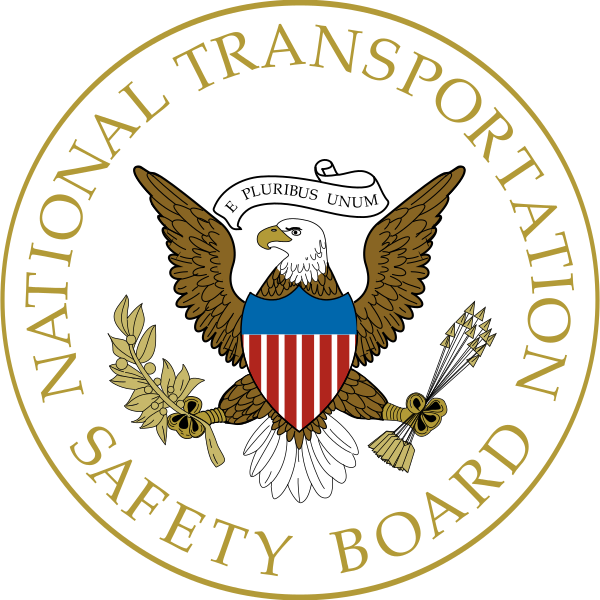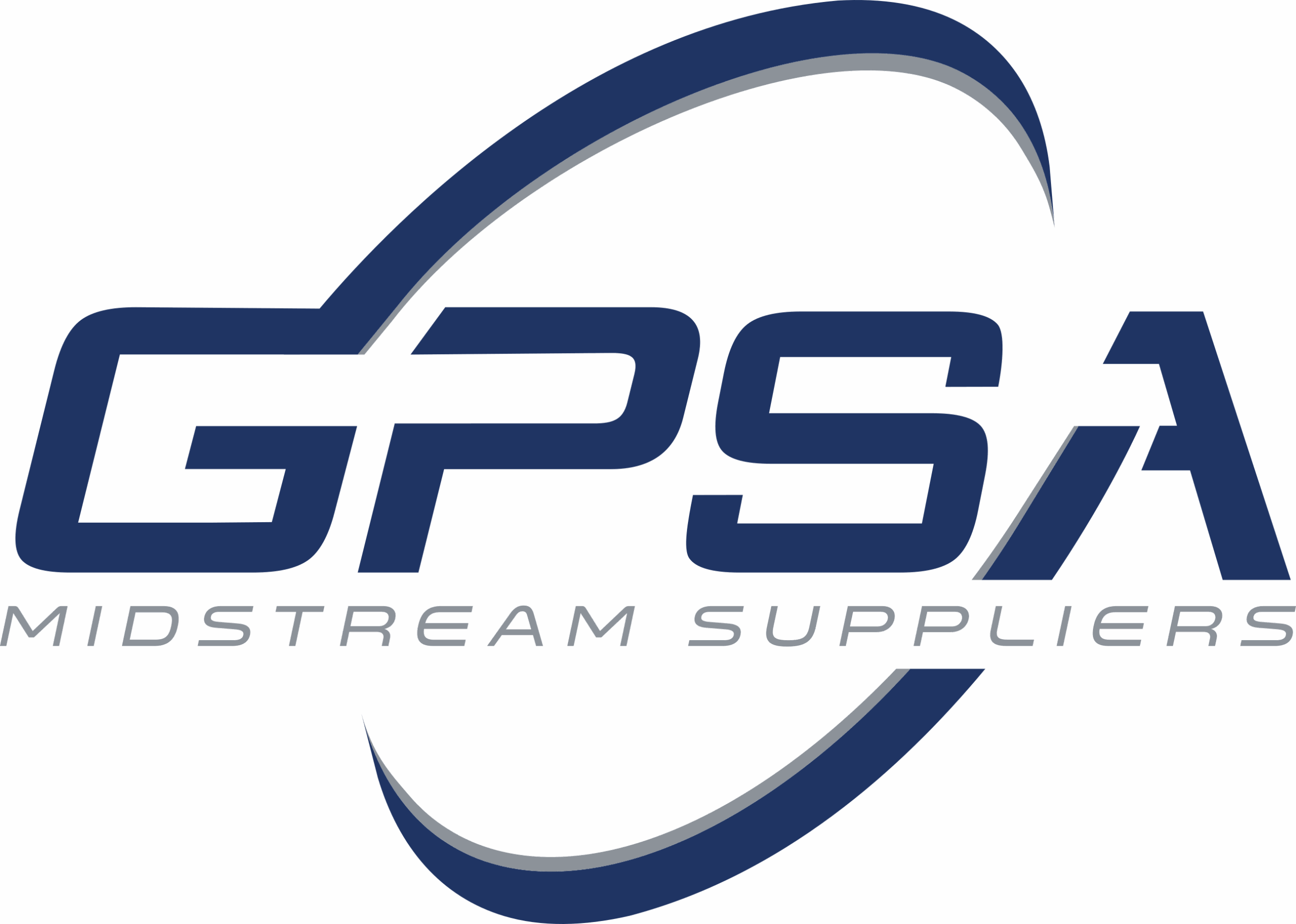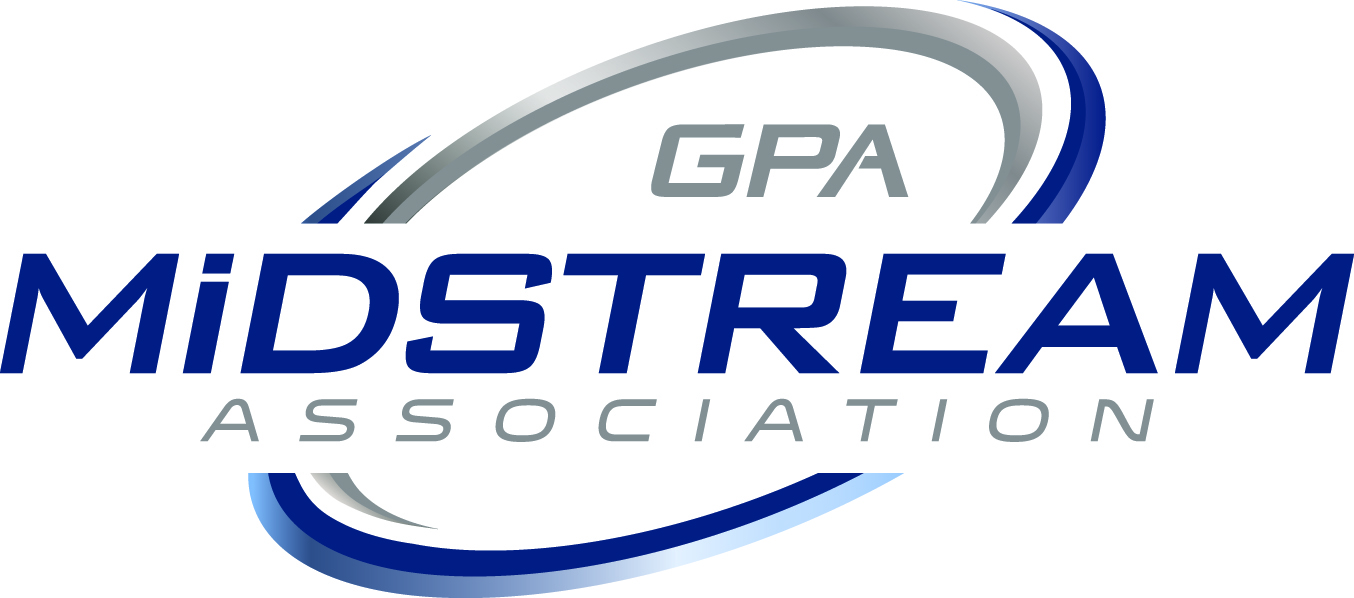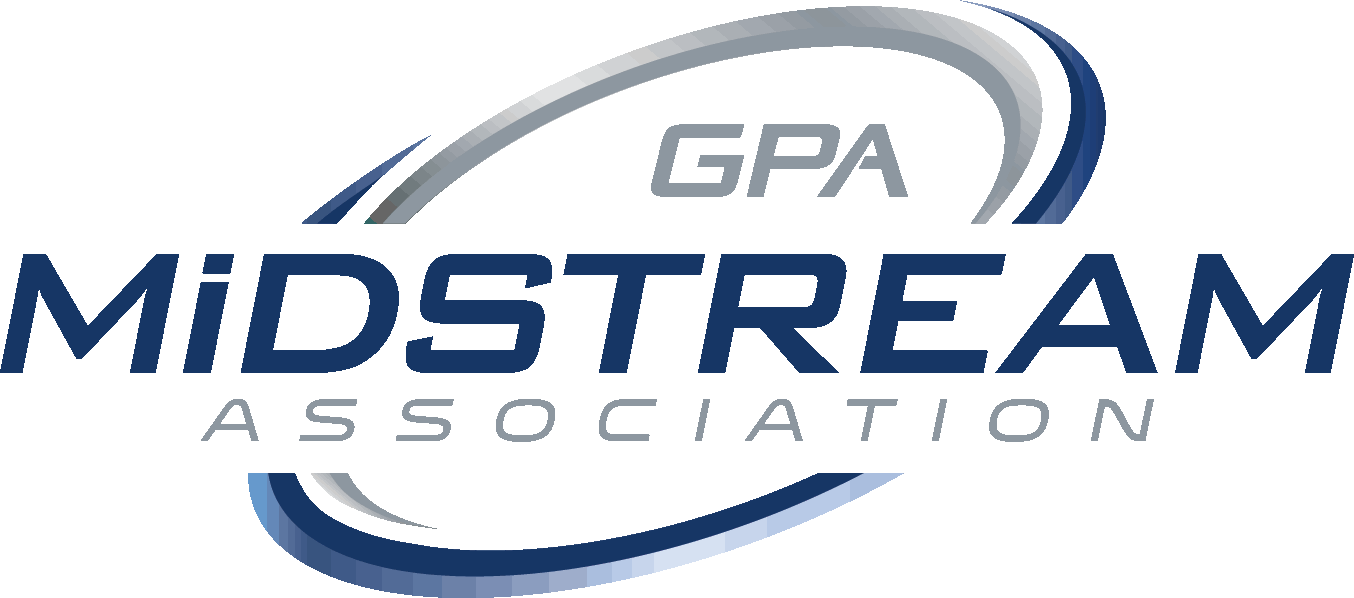
A proposed rule on which pipeline incidents need to be investigated by the National Transportation Safety Board would create an overwhelming burden on the NTSB and interfere with another agency's ability to do its own investigations.
GPA Midstream Association joined with the American Petroleum Institute and the Liquid Energy Pipeline Association in filing comments with the NTSB on rules related to the board's authority to investigate incidents related to railroads, pipelines and hazardous materials.
The board asked for comments through its Advance Notice of Proposed Rulemaking on whether it should define the terms substantial property damage and significant injury to the environment to determine what level of property damage would trigger the NTSB involvement in a gas or liquid pipeline investigation.
In the comments, the three associations encouraged the NTSB to retain its current approach to investigating pipeline accidents to maximize flexibility, manage its limited resources and avoid duplication of efforts with the Pipeline and Hazardous Materials Safety Administration.
By defining substantial property damage with a dollar-amount threshold and including language that the board is responsible for investigating pipeline accidents, explosions, incidents and ruptures, the NTSB takes on a greater burden and, in some cases, prevents PHMSA from doing its work. Instead, we recommended to the NTSB that they change the language to indicate they have the authority to investigate the incidents. This is the same as language that applies to the board's handling of aviation accidents.
In addition, putting a dollar amount on property damage to trigger NTSB's involvement isn't practical because it is difficult to determine the damage amount in the hours immediately after an accident. NTSB typically launches an investigation within hours of receiving a notice from the National Response Center.
With regard to defining significant injury to the environment, Congress intentionally wrote the 1992 legislation to give NTSB the maximum amount of flexibility. PHMSA does have a definition for it, but it is a complicated process that does not lend itself to the immediacy NTSB needs to start an investigation.


